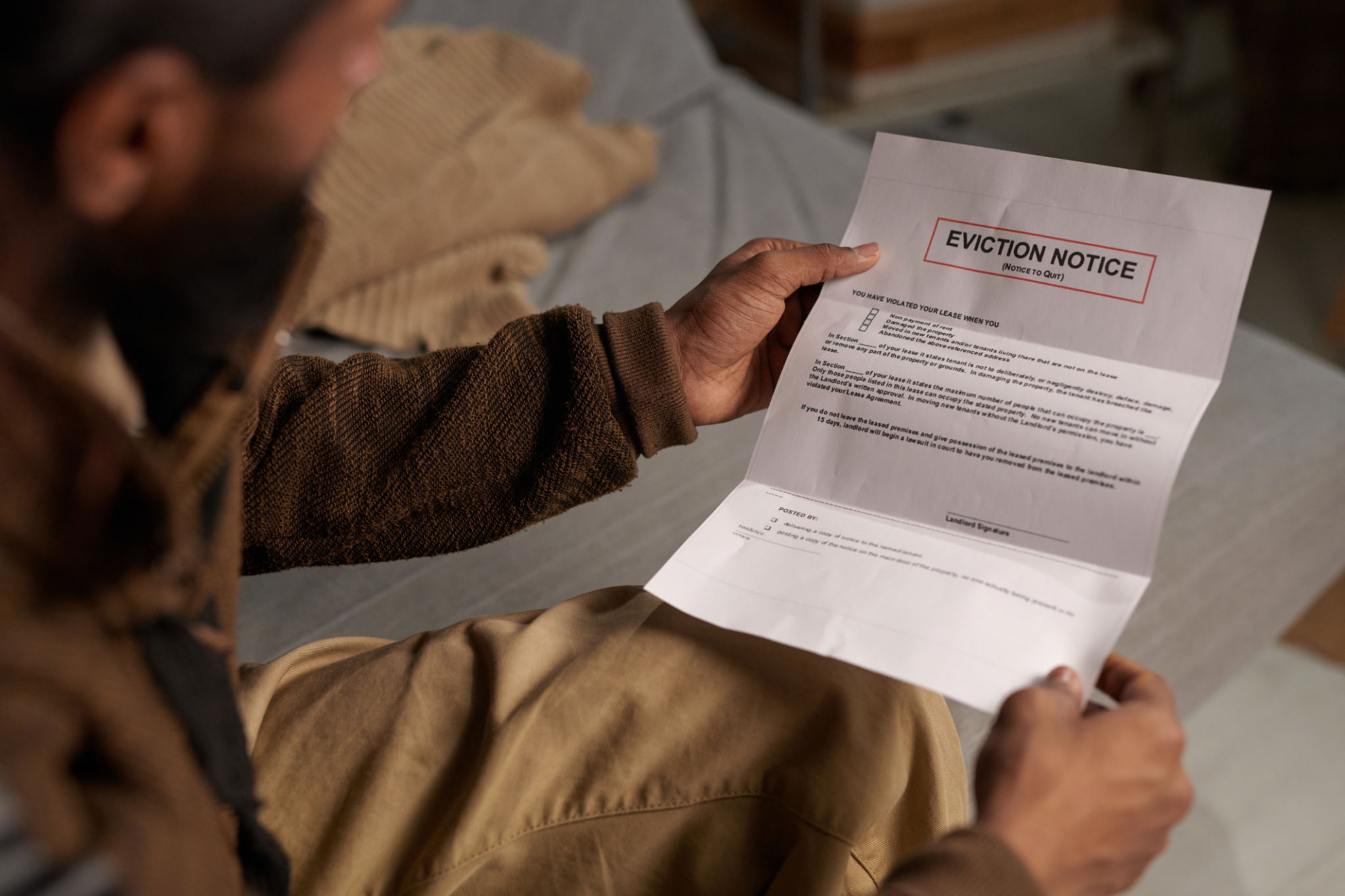Understanding Local Regulations for Property Management in Georgia
Introduction to Local Regulations
Managing properties in Georgia requires a keen understanding of the local regulations that govern real estate and tenant-landlord relationships. These laws are designed to protect both property owners and tenants, ensuring fair practices in leasing and maintenance. Navigating these rules can be complex, but having a clear grasp of the essentials is crucial for any property manager in Georgia.
Licensing Requirements
One of the first steps in property management is obtaining the necessary licenses. In Georgia, property managers must hold a real estate license if they are engaged in activities such as leasing, renting, or managing real estate for others and for compensation. This ensures that managers have the requisite knowledge and skills to handle various aspects of property management legally and effectively.

Understanding Lease Agreements
Lease agreements in Georgia must comply with specific legal standards to be valid. These agreements should clearly outline the terms of the rental, including rent amount, payment schedules, and the duration of the lease. It's also important to include clauses that address maintenance responsibilities and procedures for handling disputes. Ensuring that lease agreements meet these requirements helps avoid legal issues down the line.
Security Deposits
Security deposit regulations in Georgia are another critical aspect to understand. Landlords must place security deposits in a state-regulated escrow account and provide tenants with a written statement that details any deductions. Additionally, landlords must return the deposit within 30 days after lease termination, provided there are no damages or unpaid rent.

Compliance with Fair Housing Laws
Property managers must also adhere to federal and state fair housing laws. These laws prohibit discrimination based on race, color, religion, sex, national origin, familial status, or disability. Understanding and implementing these regulations in daily operations is essential to avoid legal repercussions and promote an inclusive community.
Eviction Procedures
In cases where eviction becomes necessary, Georgia law outlines specific procedures that must be followed. These include providing proper notice to tenants and filing an eviction lawsuit in court if needed. Following these steps carefully is crucial to ensure that the eviction process is legal and enforceable.

Maintenance Obligations
Georgia law requires property managers to maintain rental properties in a safe and habitable condition. This includes adhering to health and safety standards, making necessary repairs promptly, and ensuring access to essential services like water and heating. Regular inspections can help identify potential issues before they become significant problems.
Conclusion: Staying Informed
Staying informed about local regulations is vital for property managers in Georgia. Regularly reviewing changes in legislation and participating in continuing education can help managers stay compliant and competitive in the real estate market. By understanding and implementing these regulations, property managers can ensure smooth operations and maintain positive relationships with tenants.
